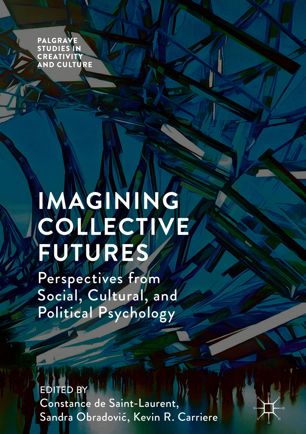

Most ebook files are in PDF format, so you can easily read them using various software such as Foxit Reader or directly on the Google Chrome browser.
Some ebook files are released by publishers in other formats such as .awz, .mobi, .epub, .fb2, etc. You may need to install specific software to read these formats on mobile/PC, such as Calibre.
Please read the tutorial at this link: https://ebookbell.com/faq
We offer FREE conversion to the popular formats you request; however, this may take some time. Therefore, right after payment, please email us, and we will try to provide the service as quickly as possible.
For some exceptional file formats or broken links (if any), please refrain from opening any disputes. Instead, email us first, and we will try to assist within a maximum of 6 hours.
EbookBell Team

4.4
92 reviewsIt is a commonly held assumption among cultural, social, and political psychologists that imagining the future of societies we live in has the potential to change how we think and act in the world. However little research has been devoted to whether this effect exists in collective imaginations, of social groups, communities and nations, for instance. This book explores the part that imagination and creativity play in the construction of collective futures, and the diversity of outlets in which these are presented, from fiction and cultural symbols to science and technology. The authors discuss this effect in social phenomena such as in intergroup conflict and social change, and focus on several cases studies to illustrate how the imagination of collective futures can guide social and political action. This book brings together theoretical and empirical contributions from cultural, social, and political psychology to offer insight into our constant (re)imagination of the societies in which we live.